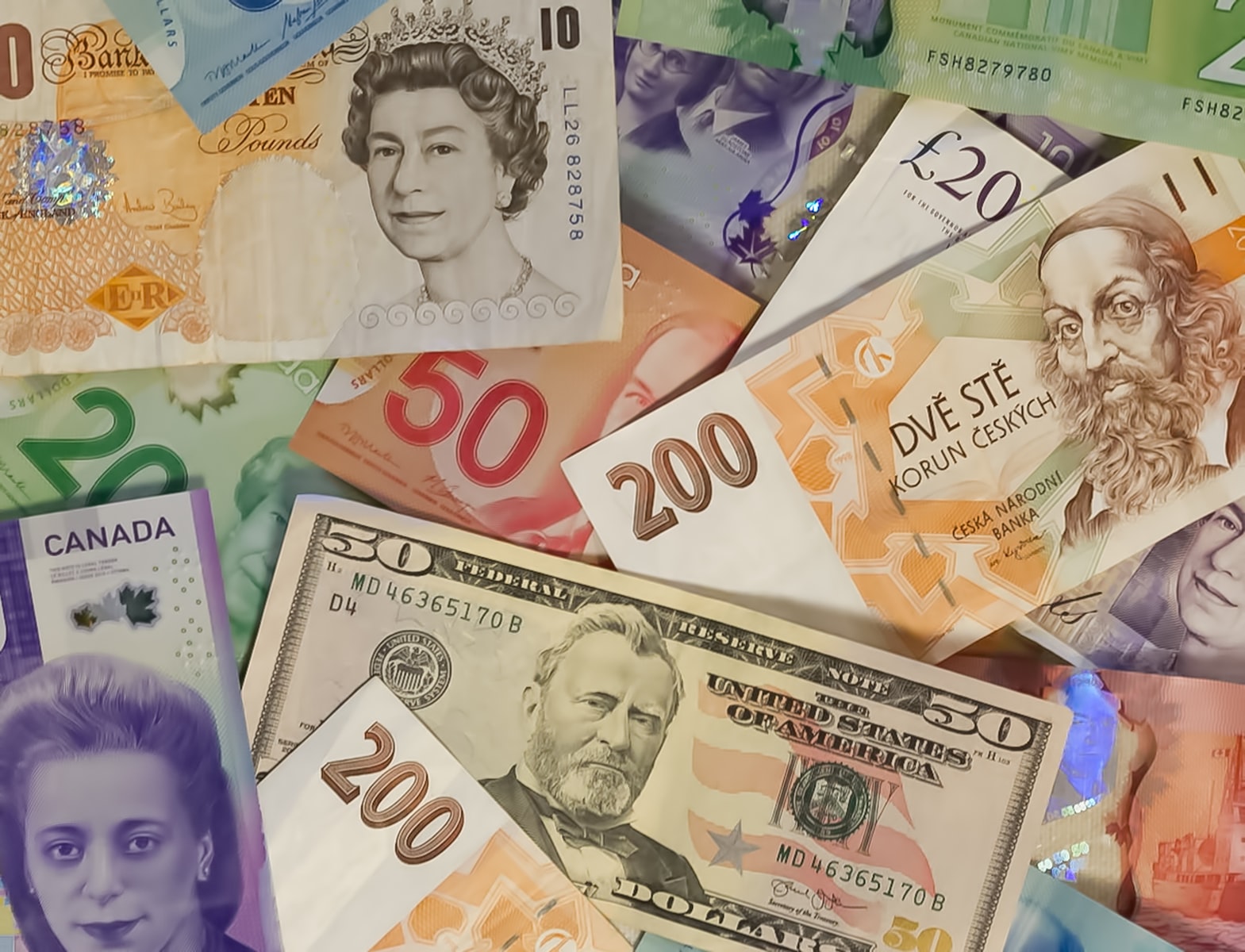How Rising Inflation Impacts Consumers and Businesses

The largest concern weighing on the minds of Canadians at the moment is inflation.
The country’s annual inflation rate, in May 2022, was 7.7% – the highest it’s been since January 1983. This has been characterized by price surges in food (up 8.8% year over year in May 2022), shelter (up 7.4%), gasoline (up 48%) and energy (up 34.8%).
In terms of consumer demand, high inflation with stagnant or low wages means a reduction in purchasing power. As a result, consumers may have to make tough choices on what products they absolutely need to survive and what they can do without, which, in turn, will impact the sales of many companies.
Further, the monetary policy tool most often used to combat high inflation is higher interest rates (usually set by the central bank of any given country). The results of this rate hike can further impact an individual’s purchasing power and demand. For instance, a recent survey by Manulife found that 25% of homeowners in Canada said they would have to sell their houses if mortgage rates continue to go up. As a result, economists are predicting that housing prices nationwide will fall 15% by the end of next year.
Inflation also exacerbates the risk of recession. Fears of this, coupled with the lower corporate earnings that come hand-in-hand with high inflation, can lead to panic in the markets, prompting global selloffs. For instance, just since the beginning of 2022, the S&P 500 index has fallen 20%.
It is easy to see why such high rates of inflation negatively impact consumers. The consequences faced by businesses from high inflation, however, may not be so straight-forward.
There are two major variables that the rate of inflation can affect, particularly in terms of equity value: corporate earnings and the cost of capital.
Corporate Earnings
Companies, of course, can decide for themselves whether to raise prices or not. The decision to do so, however, is strongly governed by both pricing power and the company’s competitive position. A company that dominates the market or one that operates in an industry where customers are more willing to accept price increases will find it easier to adjust their prices according to inflation. Weaker companies or those operating in markets with a high price elasticity of demand will be less able to raise the cost of their products.
Companies that are better able to raise prices include those that sell branded products versus generic ones, those that sell proprietary products and not commodities, and those that offer more advanced technology. For instance, the demand for food tends to be price inelastic. On the other hand, branded products (as opposed to private labels or in-house generic versions); industries dominated by monopolies, oligopolies, or that have high barriers to entry; and resource-based economies are more likely to suffer.
The other way that corporate earnings take a hit because of high inflation is in terms of input costs. In an ideal world, as inflation and prices both rise, revenues earned from selling the product and the cost of supplying the product would both rise, leaving margins unaffected. Realistically, however, some companies have costs that are sensitive to higher inflation and revenues that are less so, while others have costs that are slow to adjust to inflation and revenues that adjust more quickly. The margins are, thus, likely to decrease and increase, respectively.
Cost of Capital
The monetary policy tool most often used to combat high inflation is raising the interest rate. For a business, this means that the returns that both equity investors and lenders’ demand are pushed up. The most direct link between inflation and equity value is through the risk-free rate (interest rate) that forms the base for the expected returns that investors demand when investing in a company’s equity.
By itself, inflation has no direct effect on equity risk premiums. Nonetheless, higher levels of inflation are associated with more uncertainty about future inflation, meaning that as inflation increases, so too will equity risk premiums, in all likelihood. Further, higher overnight borrowing rates will lead to higher interest rates on commercial loans as banks make their money based on the spread between the rates they pay and those they lend at.
The effect of higher-than-expected inflation on default spreads is more intuitive and reflects the reality that interest expenses will be higher when inflation rises, and interest rates go up, and those larger interest expenses may create a higher risk of default.
If you would like to discuss how inflation might impact the value of your company, please contact one of our advisors.



